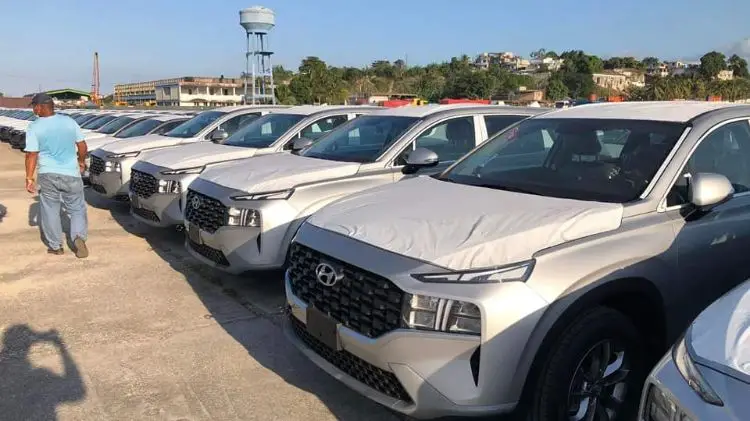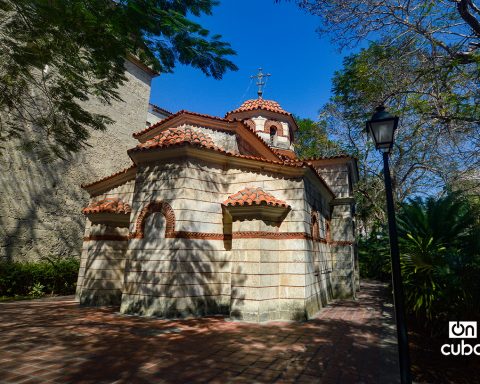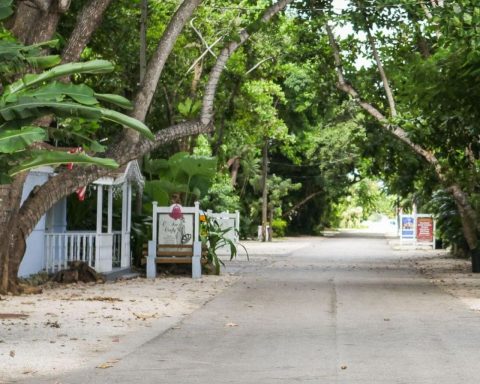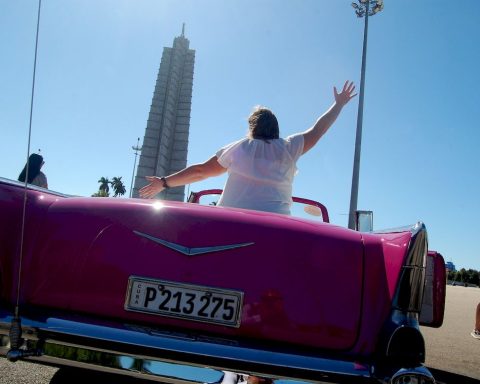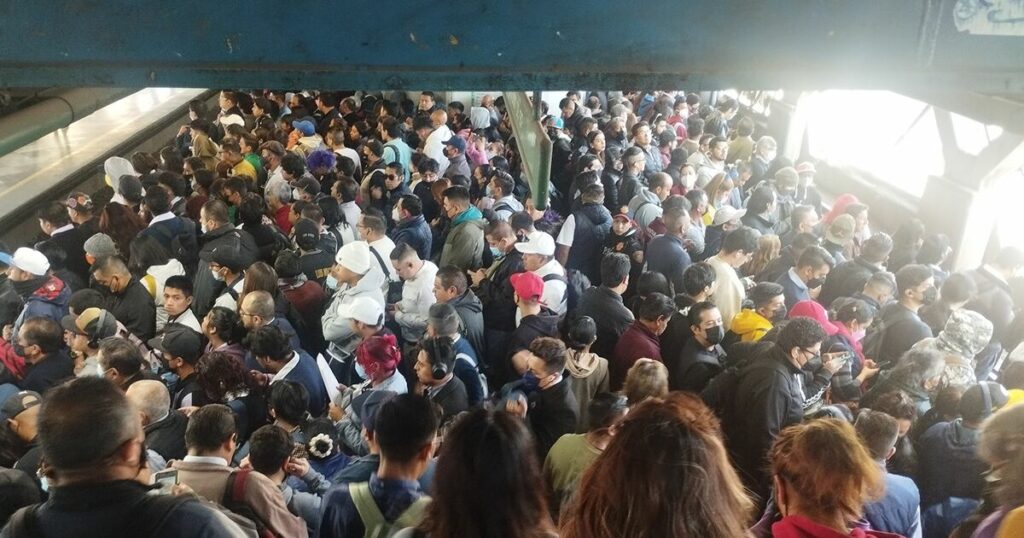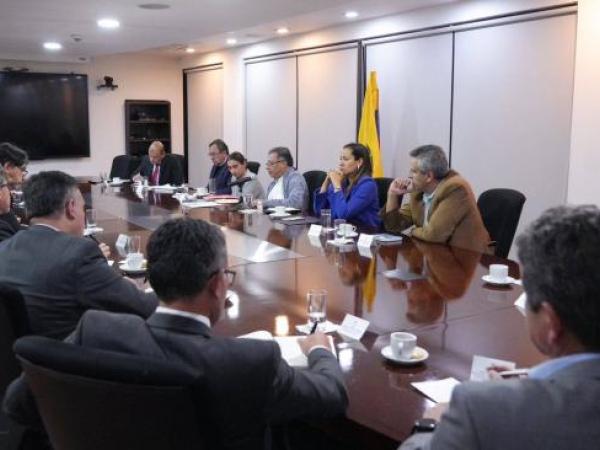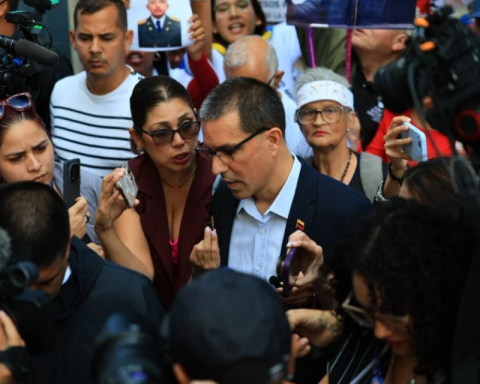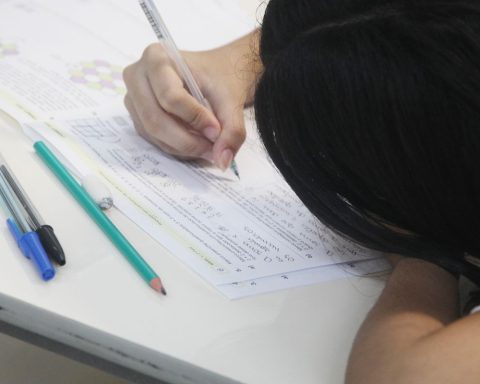Havana Cuba. – “Theoretically anyone could import a car, but in practice only a few manage to do it”, so he responds to CubaNetunder the condition of preserving his identity, an official of the Distributor and Importer CIMEX with which we try to clarify what many consider one of the great mysteries in Cuba: what are the mechanisms and requirements to import a car from the Island?
A question that has remained without clear answers since long before March 2020 —when imports were officially authorized through state intermediaries— and that these days has resurfaced again, as a result of the new resolutions approved by the ministries of Transportation and Finance and Prices, in which the wholesale sale in MLC of new and second-hand vehicles; and where the complementary regulations on the commercialization and import of cars are also detailed, repealing previous resolutions, loaded with prohibitions, such as 1552 of 2013, of MITRANS.
But the procedures to import a car for use by natural persons, especially those with a combustion engine, unlike electric ones, have been so selective and lengthy to date that very few have succeeded in the process, despite the information published on the internet pages of the state companies authorized to carry out the importation —always in the role of mandatory intermediaries— the reality is described in such a way that it might seem like a simple procedure, even if only for those who have the money in MLC.
In essence, it is only necessary to register in person the required data (identity card and declaration of ownership of bank accounts in MLC) at the Office for Import Procedures and Client Accreditation, located in the Sierra Maestra Building, in Miramar, belonging to to the GAESA military business conglomeratewhere the offices of the CIMEX Corporation are (or in some of the provincial branches, in case of not residing in Havana).
And equally, if you choose to import the car through Empresa de Servicios Automotores SA (SASA) or Tiendas Caribe SA, registration is mandatory in the same place, as the three importers are owned by GAESA, which is ultimately the entity that has written the rules of the game for the importation of cars to Cuba by natural persons.
“All resolutions approved or repealed, whether from the Ministry of Transportation or from any other ministry, [como el] of Finance, whatever they are, must be reconciled with the GAE [GAESA]”, reports the same CIMEX official. And he expands: “After all, [GAESA] it is the one who determines catalogues, prices and import regulations, even the one that decides who sells to and who doesn’t, that’s why it is mandatory to register at a central office and the delay in approving your request”.
But, in contrast, the answer that CubaNet received by telephone (after several attempts without results) when information was requested through the SASA SA population service numbers, was more encouraging, as it promised a delay in approval of no more than 72 hours, as well as security that the result would be positive.
“That’s what they tell you, but the truth is that they never respond. And when you insist a lot, they tell you that the request was denied,” explains Rosendo, one of the many Cubans who, even fulfilling all the requirements, spent more than a year waiting for the answer.
“Yes, of course I know of people who have done it but you know, it’s because they have friends in the business; Whoever goes as an orphan like me is on board. People end up buying the car on the street or from a foreigner because the import business is closed, it’s only for daddy’s little boys and the big fish, everyone knows that in Cuba,” says Rosendo.
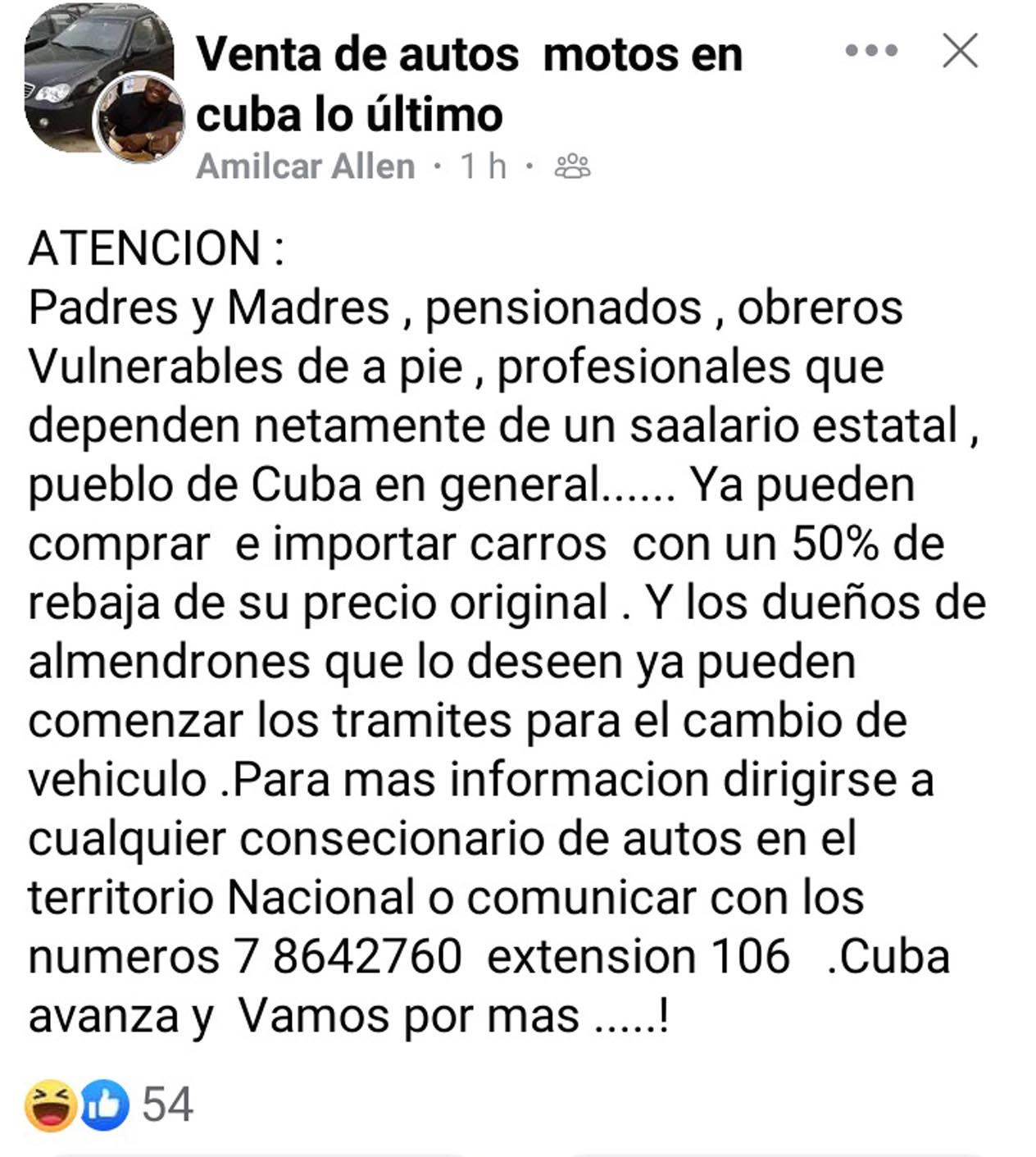
For its part, another testimony collected by CubaNet of someone who did have luck with the importation of his car because he was a musician in an important Cuban orchestra, points out that it was essential to go to the help of friends with influence in the Government to obtain approval for his purchase.
“If it does not come to be by the lever [influencias] that I had would still be waiting. (…) One night, playing at the Casa de la Música, I met a guy who had worked with Lopez-Calleja and he was the one who told him about my case. That was on a Friday and already on Monday afternoon I had the approval, ”says this person.
Large fish, but above all “crabs”
The official statistics on car imports do not discriminate in categories that can offer an idea of how many natural persons on the Island, for their personal use, have managed to import at least one vehicle through companies authorized for that purpose.
However, the sources consulted by CubaNet agree that, from March 2020 to December 2022, imports barely exceeded fifty cars with a fuel engine (both used and new), despite the fact that the intermediaries controlled by GAESA could have received between 200 and 300 applications, mainly between March 2020 and October of that same year.
“In that period of a few months it was when the most applications were received, then people withdrew (…), the closures of the pandemic came but they were also convinced that nothing was as it was said at the beginning,” says a SASA source. SA interviewed by CubaNet under the condition of protecting his identity.
“Practically -he continues- the resolution was approved to be able to legally protect the imports that were of interest to the GAE and that did not have income for tourism, nor the commercial network or the park itself as destination [del GAE]with the exception of some other personality [de la cultura o el deporte]no one who did not have the direct authorization of Luis Alberto [Rodríguez López-Calleja] I could import a car, but everyone still had to pass the filter, that’s like the cover of the real deal and there are two or three cases, no more (…). When Luis Alberto passed away, he went on to manage it directly Raul Guillermo [Rodríguez Castro, su hijo]. not even Guillermina [Ania Guillermina Lastres, actual presidenta de GAESA] have a say in that matter. That’s El Cangrejo business. [sobrenombre por el cual es conocido el también nieto de Raúl Castro y jefe de su escolta personal]”, details the source.
In this regard, another source interviewed on condition of anonymity, linked in its early stages to the import system and currently residing in Panama (as part of a car and parts business that includes more than a dozen companies registered in the Itsmanian nation) , maintains that the authorization of sale to natural persons not only sought to legalize and pass off a personal business as state [en manos de Luis Alberto Rodríguez López-Calleja, desde GAESA, y de su hermano Guillermo Faustino, desde el Ministerio de Transporte y directivo de varias empresas navieras registradas en Panamá]but also allowed them to operate without exposing themselves, through buyers-front men, who also participated in the subsequent resale in the Cuban informal market.
“Not even in the GAE do people know who the front men are, very few know about that system,” says this source. “One goes and registers personally, [pero] before you have an account with the deposit in your name and the importation is done in less than 15 days from Panama, and between a month and two months if it is from Europe and Asia, but fundamentally it is done from Panama, or from Mexico and even the United States when it comes to used cars (…). When they notify you, then you go to pick it up and in another week you will leave with all the papers. (…) It’s yours and at the same time it’s not because you have to sell it at street prices, that’s the deal. On the street he always earns 10 times more than what they paid in the GAE for him. That is the business, and it is round business because there [en Cuba] is El Cangrejo and here [en Panamá] the uncle and his people are managing the rest (…). As long as you have the green [los dólares] they look for what you ask for, but you have to pay at street prices”.

New resolution and new economic players, equal to a new screen?
Clearly, the new resolutions on the wholesale sale of cars to legal persons in the non-state sector would spoil the party for this kind of smugglers protected by law but, in the opinion of people directly linked to the issue of imports and sales of cars, behind the new measures, which would include the authorization of operations to private dealers, hide plans that are more focused on the current reality and that, therefore, could significantly increase the profits of the same GAESA beneficiaries to whom the The old strategy is not giving the results achieved during 2020.
“At the beginning everything was very good because the people who had the money to buy a car were willing to give anything, but all this came and no one buys anymore, now everyone sells to leave,” says a SASA SA source consulted by CubaNet. “Between December 2020 and December 2022, they were imported for that specific business [por la vía de SASA S.A.] 12 cars that already had their buyer on the street, but only five were sold, the others are still there because the buyers left [emigraron]. (…) Now they have set their eyes on MSMEs because they know that there is the other door to the black market that they control (…), because many of these MSMEs are theirs, and they are going to buy and resell themselves”, concludes the fountain.
“There are close to 7,000 MSMEs. Most are private and very few state. It seems like a surprising number, but no one tells you that many of them are the same entity divided into dozens of micro and small enterprises, almost all with rights to import and with access to the wholesale market,” explains the director of one of these companies, of character “private”, which in his case, as in many others, arose from the division of a state entity.
“Most do not produce anything, they are businesses focused on imports and subsequent sale at black market prices. They could say that they have done it for the blockade and without a doubt there is a part of that, but in reality it is about multiplying and controlling that great mule business [contrabando] that now it is easier to supervise and to know exactly who is at the head of them”, affirms this person.
The participation of relatives of the main figures of the Cuban regime in the business of selling cars and parts has been systematically denounced both by the independent press and by the Cuban men and women themselves who have known, from their own experiences, of a phenomenon of corruption that reaches unsuspected dimensions, and in which the US embargo has little or no influence.
On the contrary, dozens of parcel and shipping companies to Cuba, even established in the United States, take advantage of the regulations, and share interests and benefits with the Cuban regime, for which the embargo does not represent an obstacle either, at least in matters of security. car import. The best example we had in October 2021 when 800 cars from the United States arrived in Cuba which, supposedly, would be destined to the rental service for tourism.
On that occasion, it was a batch made up of cars from the Kia and Hyundai brands, probably produced in the assembly plants that these South Korean companies own in Alabama and Georgia. Despite what the regime says about the limitations of the “blockade”, the cargo was transferred directly from the port of Mobile, in the United States, to Havana.
